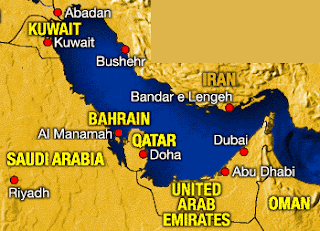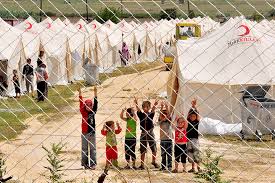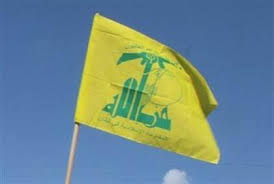September 2015
How can we analyze the general policies pursued by the
regime ruling Iran vis-à-vis its neighboring countries, especially Iraq, Yemen,
Syria, Saudi Arabia, Bahrain and Lebanon following the July 14th
nuclear agreement signed in Vienna? Will Iran’s meddling in these countries
decrease, as hoped for by US President Barack Obama and Secretary of State John
Kerry? Or will Tehran get a hold of an influx of billions of dollars, and consider
the deal a green light to actually increase its interferences?































